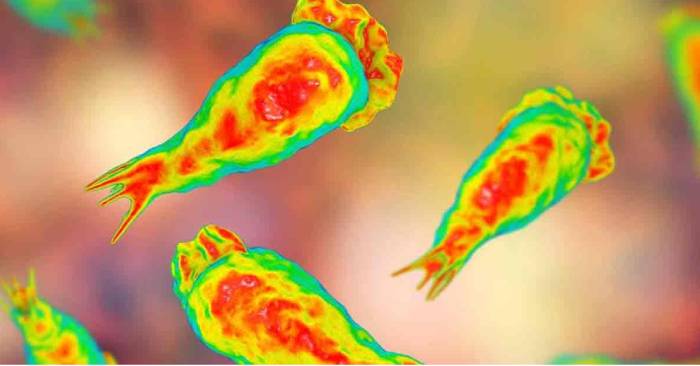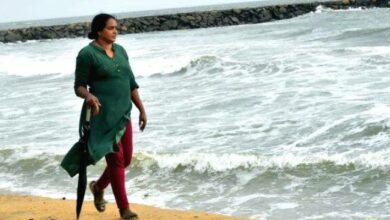Emerging Threat: Amoebic Meningoencephalitis Claims Lives in Kerala

Amoebic meningoencephalitis, a rare but potentially fatal disease caused by the amoeba Naegleria fowleri, has raised alarms in Kerala due to recent cases. Typically associated with warm freshwater bodies, this disease has affected three children in Kerala within a short period, resulting in two deaths.
The first reported case was of a 5-year-old girl from Malappuram who tragically passed away on May 21 after reportedly swimming in the Kadalundi river. Subsequently, a 13-year-old girl from Kannur succumbed to the disease on June 16, followed by a 12-year-old boy from Feroke, Kozhikode, who is currently fighting for his life on a ventilator.
According to Dr. E Danish from Kozhikode Medical College, the amoeba enters the body through the nose, primarily when contaminated water is forcefully snorted. Notably, there is no risk of transmission through drinking water. Despite exposure to the same water bodies, not everyone is susceptible to the disease, emphasizing individual variability in infection risk.
Concerns have been raised about the possible reasons behind the recent increase in cases, including pollution levels in water bodies and environmental factors like weather conditions. Dr. Sumangala, a Medical Officer at Ramanattukara Family Health Center, reassured that no additional cases have been reported from the identified sources.
The survival rate for amoebic meningoencephalitis is alarmingly low, estimated at only three percent, underscoring the severity of the disease once symptoms manifest. Public health authorities are likely intensifying efforts to educate communities about preventive measures, such as avoiding water-related activities in potentially contaminated areas, to mitigate further risks.






